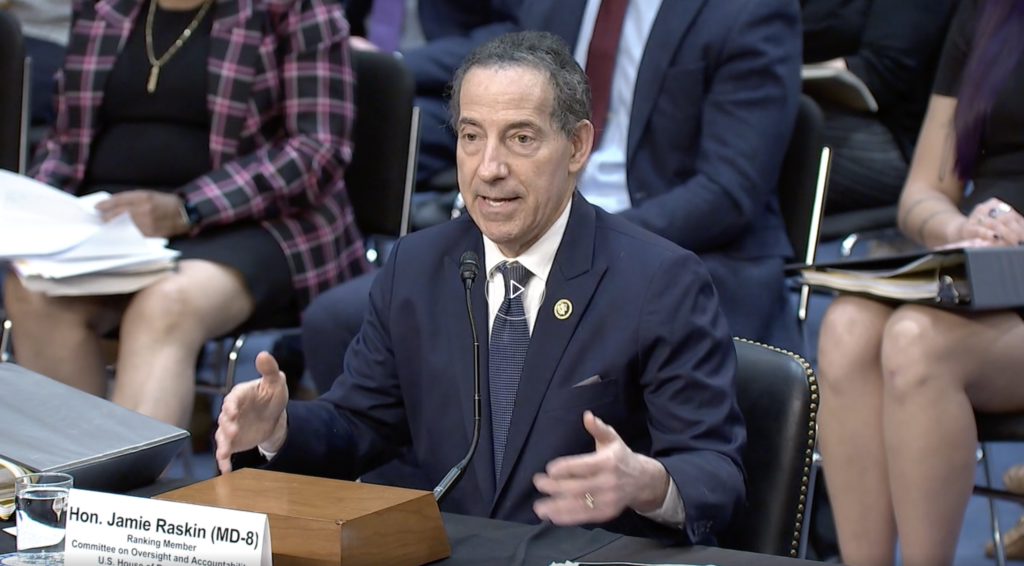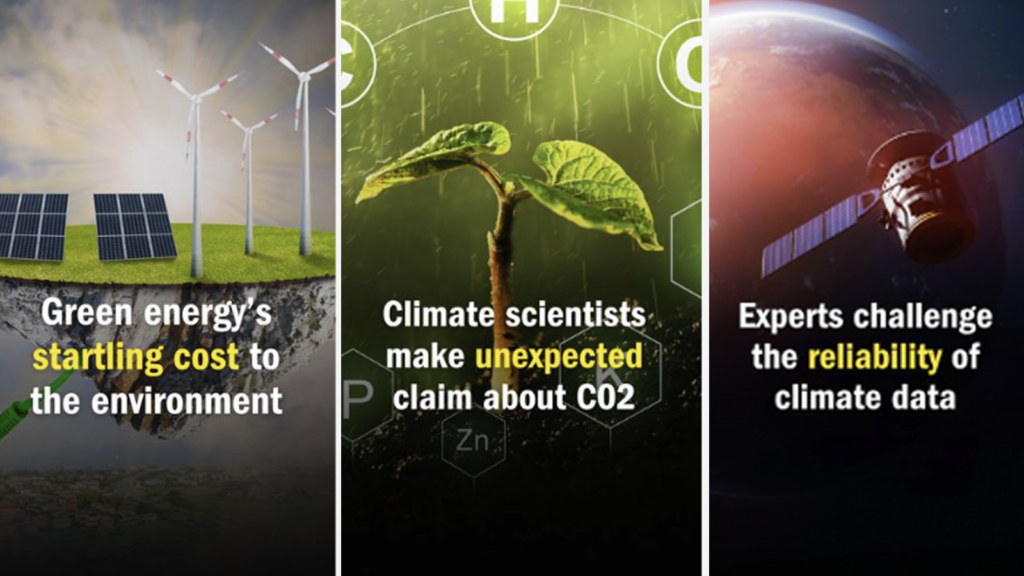When it comes to climate denier coal executives, there is none more outspoken than Peabody Energy CEO Greg Boyce, who recently reiterated his belief that climate change is, “an environmental crisis predicted by flawed computer models.”
Boyce made the “flawed” comment in the roll-out of Peabody’s “five point plan” — which is more a grumpy rejoinder to a world keen on replacing coal with renewable energy, than an actual plan.
Peabody, which touts itself as the “world’s largest private coal company,” and Greg Boyce have made many public statements over the years questioning the realities of climate change and the scientific conclusions linking it to the burning of fossil fuels.
Here are a few examples of statements about climate change made by Boyce and Peabody over the years: (all statements are cited with footnotes in this Union of Concerned Scientists’ briefing note – PDF)
- “The greatest crisis society confronts is not a future environmental crisis predicted by computer models but a human crisis today that is fully within our power to solve—with coal.” – Website of Peabody Energy Corporation
- Asked in March 2007 whether high levels of CO2 in the air are harmful, Chairman Greg Boyce said, “I think the simple answer is we don’t know.” – Gregory Boyce, CEO and Chairman of Peabody Energy Corporation.
- “Although EPA credits these extremely uncertain computer-model predictions, it does not give sufficient weight to the demonstrated, known benefits of CO2 as plant food.” – Peabody Energy Corporation
There are many more citations in the UCS document, much of the same flavour as these statements above.
And while Mr. Boyce and Peabody Energy obviously have a right to their opinions, looking at the current state of Peabody’s financials, it is worth reflecting on how this company’s attitudes about climate change over the years may have contributed to its financial woes.
Peabody’s stock (NYSE: BTU) is down from a high of over $72 per share in mid-2011, to less than $5 per share today. The drop in its stock price over the last 5 years is staggering:
Any good businessperson knows that the key to making money over the long term is to be constantly watching your market performance. Keeping an eye out for new trends that will impact your business both positvely and negatively is the name of the game.
Regulations on the products and processes that are at the root of the climate change crisis should not come as a shock to anyone in the fossil fuel industry. Afterall, the United Nations has been grappling with the terms of a global agreement on carbon emissions reductions for the better part of two decades.
Smart companies have adjusted to this shift in the marketplace. Others have not.
So should it come as any surprise that a company like Peabody, that is so out of step with the contemporary thinking on climate change, is floundering in the stock market?
Image credit: Bill Herdon on FIickr
Subscribe to our newsletter
Stay up to date with DeSmog news and alerts







